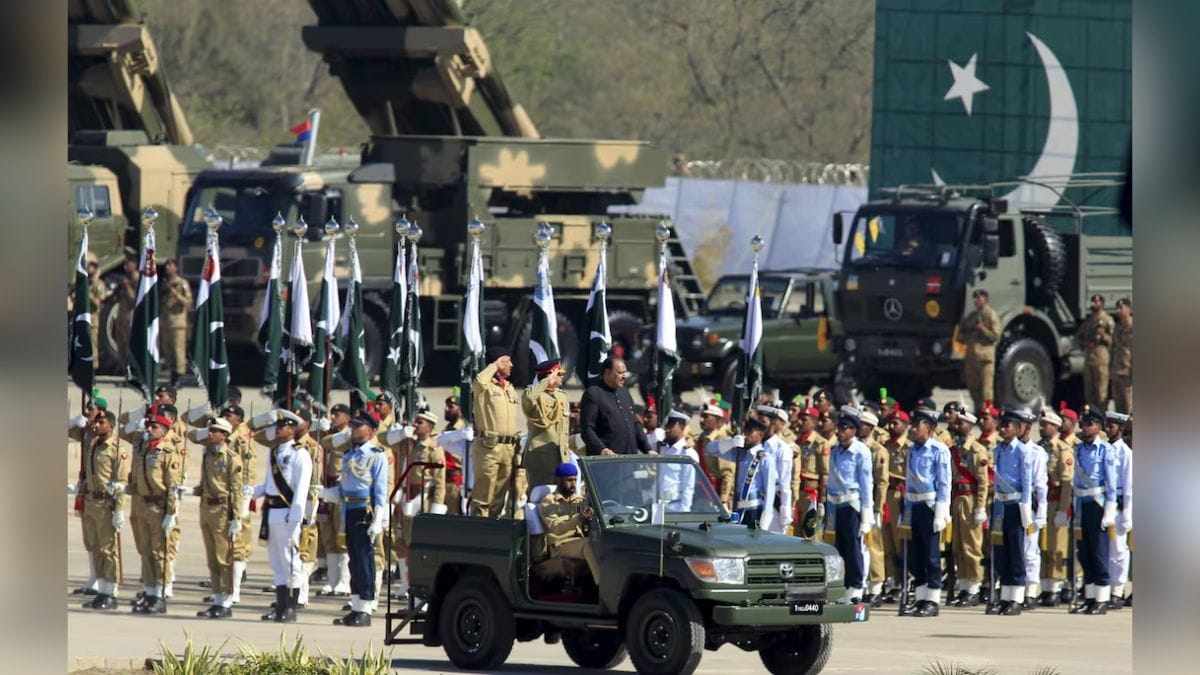

Amid escalating tensions between India and Pakistan, Baloch leaders have declared independence from Pakistan, urging India and the United Nations to recognize their sovereignty. Baloch leader Mir Yar Baloch asserted that Balochistan was never part of Pakistan, citing decades of alleged atrocities. He has called on India to permit a Balochistan embassy in Delhi and requested UN peacekeeping support.
Balochistan, the largest province in Pakistan by land area, is located in the southwestern region and is rich in natural resources. The province borders Iran and Afghanistan and faces the Arabian Sea. For decades, Balochistan has been plagued by unrest, with Baloch separatists seeking greater autonomy or complete independence from Pakistan. These groups have cited human rights violations, enforced disappearances, and a lack of economic development as reasons for their struggle.
Mir Yar Baloch has called on the Indian government to permit the opening of a Balochistan embassy in New Delhi. He also appealed to the United Nations for urgent action to recognize the region's independence and to hold a global meeting for support. Furthermore, Baloch separatists have requested the United Nations to send peacekeeping forces into Balochistan and demanded that all Pakistani military forces vacate the region. According to the Baloch leaders, there is strong local support for the separatist movement.
The declaration of independence follows increased military airstrikes between India and Pakistan after a terror attack in Kashmir. Baloch leaders have also expressed support for India's position on Pakistan-occupied Kashmir (PoK). Mir Yar Baloch stated that Balochistan fully supports India's decision to demand Pakistan vacate PoK and urged the international community to pressure Pakistan to withdraw immediately.
The Baloch Welfare Association has also appealed to the UN, urging them to recognize Balochistan as an independent country and to support the Balochi nation's right to self-determination. They argue that recognizing an independent Balochistan is essential for lasting peace in the region and to end decades of suffering.
Balochistan's strategic importance is underscored by its natural resources and its role in the China-Pakistan Economic Corridor (CPEC). Gwadar Port in Balochistan is a key component of CPEC, providing China with direct access to the Arabian Sea and West Asia. India has repeatedly raised concerns about human rights issues in Balochistan and views the situation as relevant to its Indo-Pacific strategy and efforts to balance Chinese expansion.
In response to these developments, Baloch leaders have announced intentions to form a new independent government, ensuring female representation. They have also invited friendly nations to their upcoming independence ceremony.
While the recent declaration has gained traction on social media, it remains to be seen whether it will translate into tangible international support. The Baloch people have been fighting for their rights for decades, and their struggle for independence is now at a critical juncture.